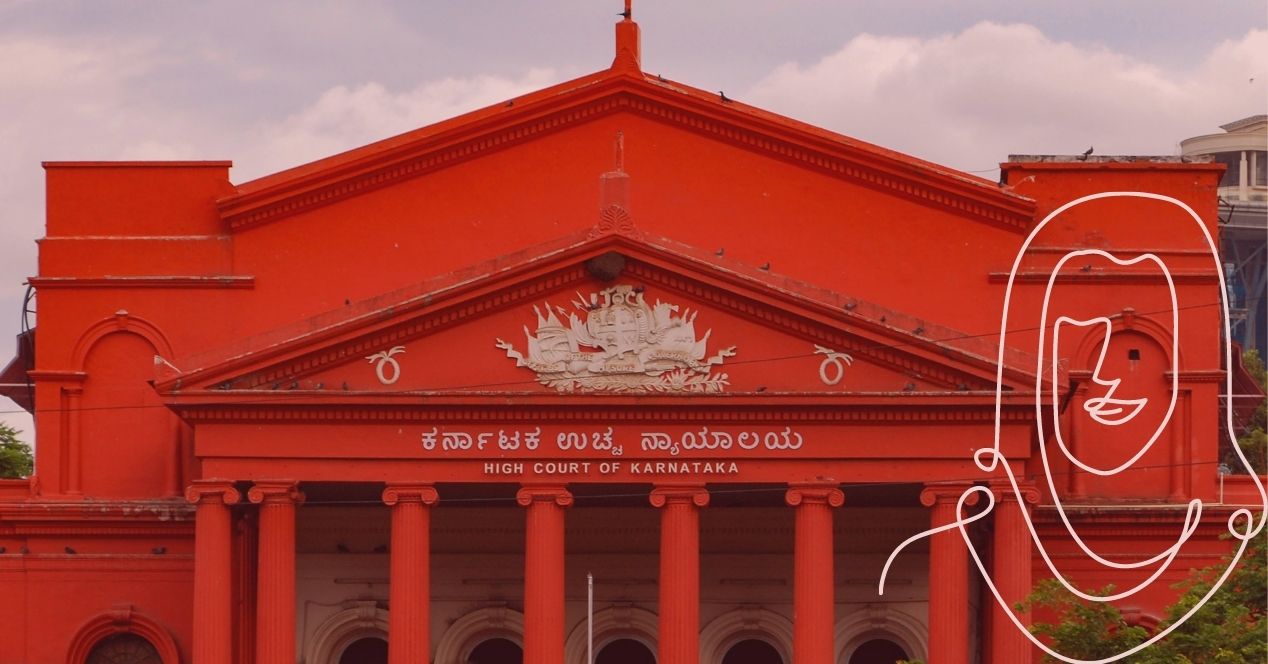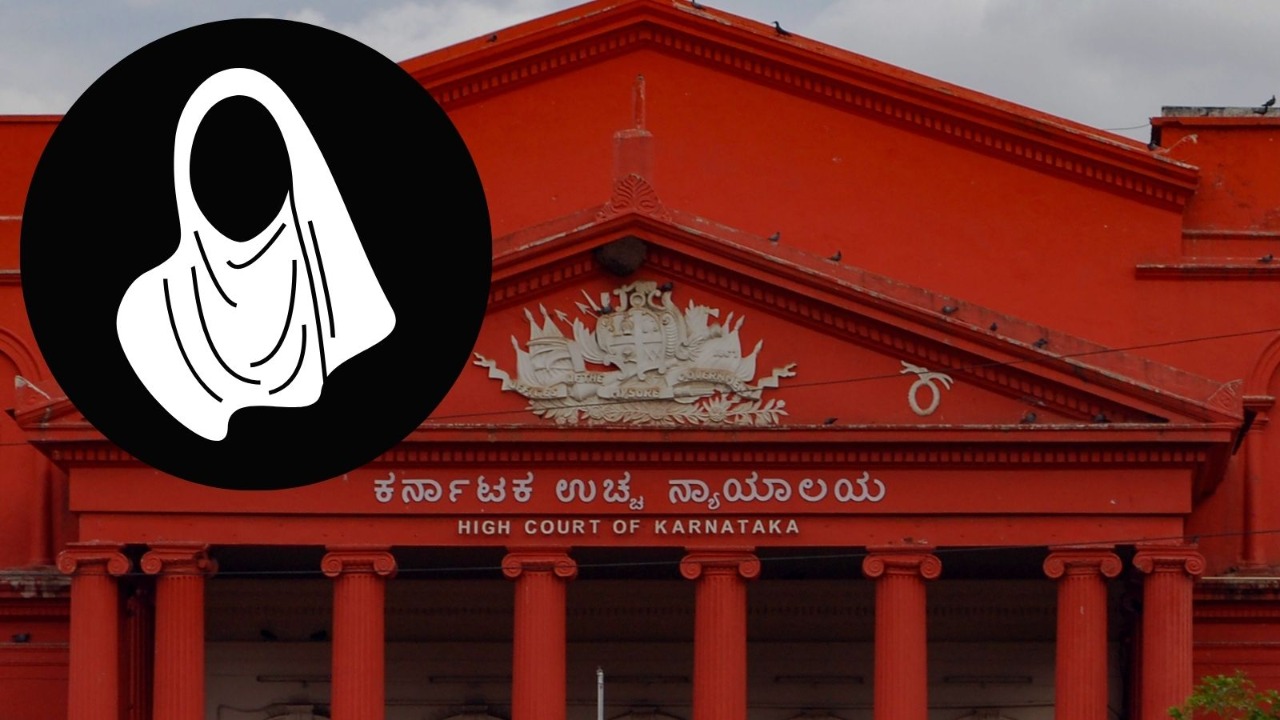Analysis
The Karnataka HC Hijab Decision and the Politics Of Citation
DESK BRIEF: Did the Karnataka High Court cite any Muslim women in its Judgment upholding the hijab ban?
The Karnataka High Court Judgment upholding the hijab ban has been challenged at the Supreme Court.
While the Court cites twenty literary and academic sources in its Judgment, it is striking that not one of the texts cited in its 129 pages was authored by a Muslim woman.
This, however, does not appear to be an anomaly. Key cases involving the rights of Muslim women—such as Shah Bano (maintenance for divored Muslim women), Shamim Ara (whether Triple Talaq in that instance was valid), Shafin Jahan (anulling the marriage of an adult woman), and Shayara Bano (validity of the practice of Triple Talaq)—do not cite any scholarship by Muslim women.
Scholarship on the ‘Politics of Citation’ critiques current citation practices, where scholars belonging to dominant groups are cited regularly in academic work. On the other hand, scholars from marginalised communities, including those whose lived experiences enrich the subject at hand, are not cited as widely. Interestingly, Islamic scholar Kecia Ali has written about the Politics of Citation specifically in the area of Islamic studies, where few works treat women as ‘historical agents [within the religion] and scholarly authorities’.
With its constitutionality now in question, the HC Judgment is expected to play a starring role in the proceedings at the SC. It remains to be seen when the challenge will be heard—and what kinds of texts the Court will rely on to arrive at its decisions.To read SCO’s full analysis of three texts that made the Karnataka High Court’s Judgment, click here.



